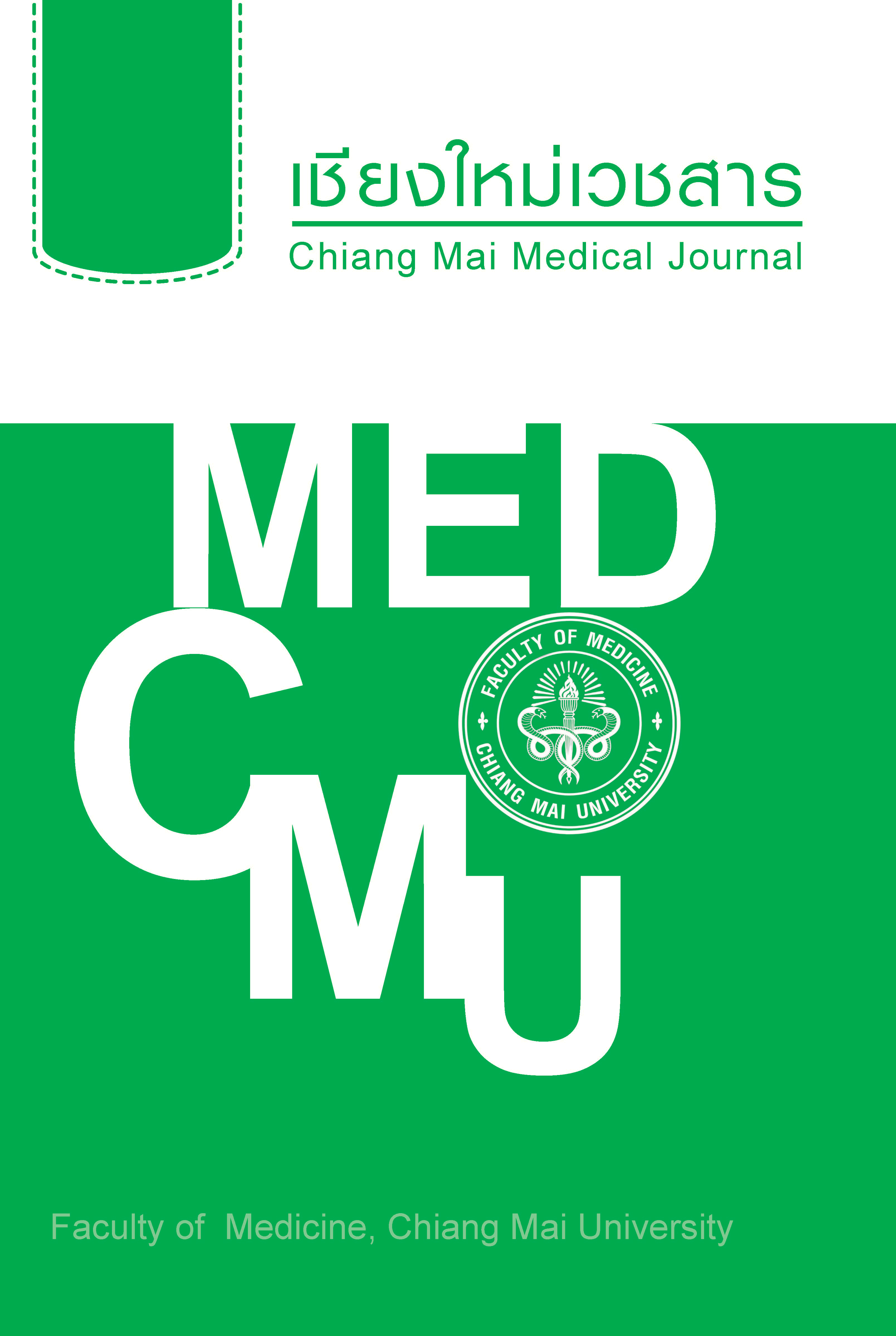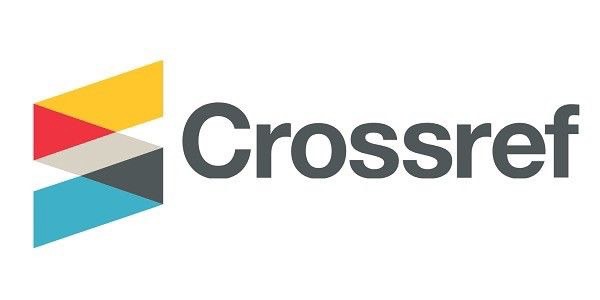Self-esteem in children with attention-deficit/ hyperactivity disorder
Keywords:
attention-de fi cit/hyperactivity disorder, self-esteem, childrenAbstract
Introduction Attention-de fi cit/hyperactivity disorder (ADHD) in children often manifests itself in diffi cult behaviors which may have an impact on their self-esteem. Findings from previous studies regarding self-esteem in children with ADHD are inconsistent. This study aimed to assess selfesteem in children with ADHD in comparison to healthy controls.
Methods This was a cross-sectional study of children aged 8-15 years, who had been diagnosed with ADHD. Children of the same age and gender, without ADHD or chronic illnesses, were enrolled as a comparison group. Self-esteem assessment using the Five-Scale Test of Self-Esteem for Children (FSC) was completed by the children themselves.
Results The study population included 130 children with a mean age of 11.05±2.21 years. Sixtyfive cases were ADHD and 65 were healthy controls. The mean FSC score in the ADHD group was signi fi cantly lower than that of the control group indicating lower self-esteem in the ADHD group (45.06±8.08 vs 49.88±8.40, p=0.001). Among the children with ADHD, variables including age, gender, scores on school report, and comorbid conditions were not associated with the total
self-esteem score. However, when focusing speci fi cally on self-esteem subscales, the school report was signi fi cantly related to the academic subscale of self-esteem in children with ADHD (β 0.81, 95%CI 0.11-1.5, p=0.03).
Conclusion Findings from this study have suggested that children with ADHD perceive themselves more negatively compared with healthy controls. Fostering self-esteem should be included in the comprehensive care for children with ADHD.
References
American Psychiatric Association: Diagnostic and Statistical Manual of Mental Disorders, Fifth Edition: DSM-5. Washington, DC: American Psychiatric Association; 2013.
Polanczyk G, de Lima MS, Horta BL, Biederman J, Rohde LA. The worldwide prevalence of ADHD:a systematic review and metaregression analysis. Am J Psychiatry. 2007;164:942-8.
Benjasuwantep B, Ruangdaraganon N, Visudhiphan P. Prevalence and clinical characteristics of attention defi cit hyperactivity disorder among primary school students in Bangkok. J Med Assoc Thai. 2002;85 Suppl 4:S1232-40.
Houck G, Kendall J, Miller A, Morrell P, Wiebe G. Self-concept in children and adolescents with attention defi cit hyperactivity disorder. J Pediatr Nurs. 2011;26:239-47.
Pisecco S, Wristers K, Swank P, Silva PA, Baker DB. The effect of academic self-concept on ADHD and antisocial behaviors in early adolescence. J Learn Disabil. 2001;34:450-61.
Guindon MH. Self-esteem across the life span. New York: Taylor and Francis; 2010.
Hosogi M, Okada A, Fujii C, Noguchi K, Watanabe K. Importance and usefulness of evaluating selfesteem in children. Biopsychosoc Med. 2012;6:9.
Babington LM, Kelley BR, Patsdaughter CA. Selfesteem and risk behaviors of Dominican adolescents. Issues Compr Pediatr Nurs. 2009;32:131-44.
Barber S, Grubbs L, Cottrell B. Self-perception in children with attention defi cit/hyperactivity disorder. J Pediatr Nurs. 2005;20:235-45.
Pinquart M. Self-esteem of children and adolescents with chronic illness: a meta-analysis. Child Care Health Dev. 2012;39:153-61.
Slomkowski C, Klein RG, Mannuzza S. Is selfesteem an important outcome in hyperactive children? J Abnorm Child Psychol. 1995;23:303-15.
Dumas D, Pelletier L. A study of self-perception in hyperactive children. MCN Am J Matern Child Nurs. 1999;24:12-9.
Treuting JJ, Hinshaw SP. Depression and self-esteem in boys with attention-defi cit/hyperactivity disorder:associations with comorbid aggression and explanatory attributional mechanisms. J Abnorm Child Psychol. 2001;29:23-39.
Mazzone L, Postorino V, Reale L, Guarnera M, Mannino V, Armando M, et al. Self-esteem evaluation in children and adolescents suffering from ADHD. Clin Pract Epidemiol Ment Health. 2013;9:96-102.
Hoza B, Gerdes AC, Hinshaw SP, Arnold LE, Pelham WE Jr, Molina BS, et al. Self-perceptions of competence in children with ADHD and comparison children. J Consult Clin Psychol. 2004;72:382-91.
Owens JS, Goldfi ne ME, Evangelista NM, Hoza B, Kaiser NM. A critical review of self-perceptions and the positive illusory bias in children with ADHD. Clin Child Fam Psychol Rev. 2007;10:335-51.
Hoza B, Pelham WE, Jr., Dobbs J, Owens JS, Pillow DR. Do boys with attention-defi cit/hyperactivity disorder have positive illusory self-concepts? J Abnorm Psychol. 2002;111:268-78.
Owens JS, Hoza B. The role of inattention and hyperactivity/impulsivity in the positive illusory bias. J Consult Clin Psychol. 2003;71:680-91.
Edbom T, Lichtenstein P, Granlund M, Larsson JO. Long-term relationships between symptoms of Attention Defi cit Hyperactivity Disorder and self-esteem in a prospective longitudinal study of twins. Acta Paediatr. 2006;95:650-7.
Cook J, Knight E, Hume I, Qureshi A. The selfesteem of adults diagnosed with attention-defi cit/hyperactivity disorder (ADHD): a systematic review of the literature. Atten Defi c Hyperact Disord.2014;6:249-68.
American Psychiatric Association: Diagnostic and Statistical Manual of Mental Disorders, Fourth Edition, Text Revision. Washington, DC: American Psychiatric Association; 2000.
Bussing R, Fernandez M, Harwood M, Wei Hou, Garvan CW, Eyberg SM, et al. Parent and teacher SNAP-IV ratings of attention defi cit hyperactivity disorder symptoms: psychometric properties and normative ratings from a school district sample. Assessment. 2008;15:317-28.
Putthisri S, Silpakit C. The reliability and validity of Thai version of Five-Scale Test of Self-Esteem
for Children J Psychiatr Assoc Thailand. 1998;43:358-67.
Ohan JL, Johnston C. Are the performance overestimates given by boys with ADHD self-protective? J Clin Child Adolesc Psychol. 2002;31:230-41.
Rucklidge JJ. Gender differences in ADHD: implications for psychosocial treatments. Expert Rev Neurother. 2008;8:643-55.
Ek U, Westerlund J, Holmberg K, Fernell E. Selfesteem in children with attention and/or learning deficits: the importance of gender. Acta Paediatr.2008;97:1125-30.
Harpin V, Mazzone L, Raynaud JP, Kahle J, Hodgkins P. Long-term outcomes of ADHD: a systematic review of self-esteem and social function. J Atten Disord. 2016;20:295-305.
Frankel F, Cantwell DP, Myatt R, Feinberg DT. Do stimulants improve self-esteem in children with ADHD and peer problems? J Child Adolesc Psychopharmacol. 1999;9:185-94.
Downloads
Published
How to Cite
Issue
Section
License
Copyright (c) 2017 เชียงใหม่เวชสาร (Chiang Mai Medical Journal)

This work is licensed under a Creative Commons Attribution 4.0 International License.








